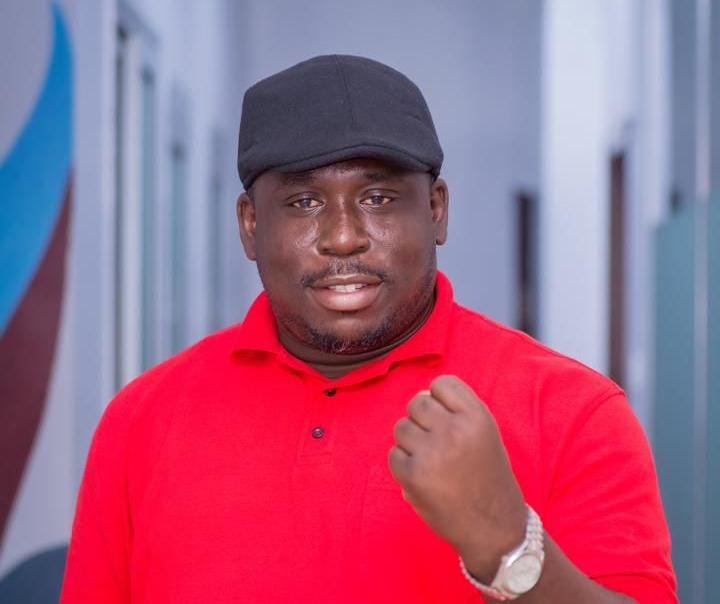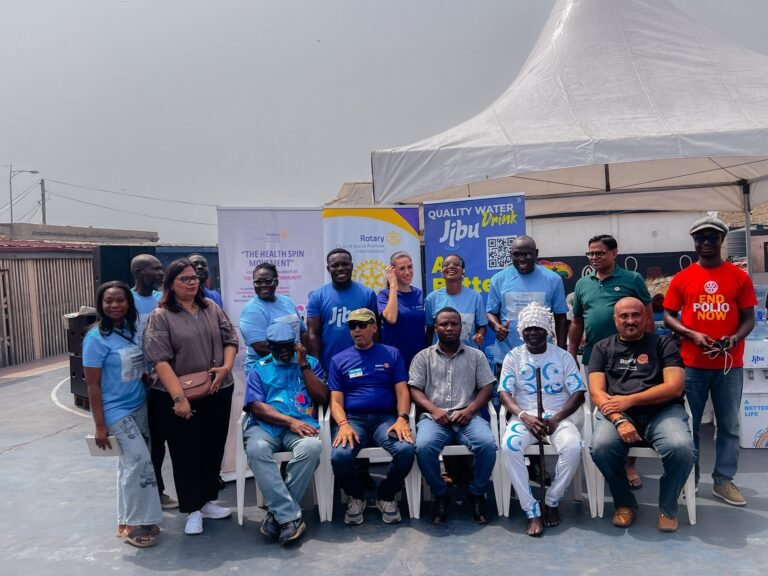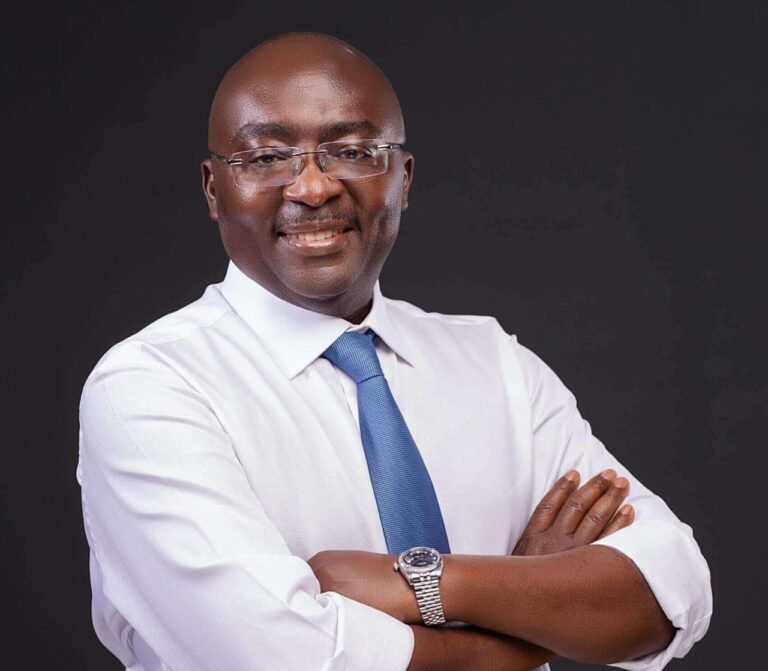
John Mahama
Lead counsel for the petitioner, Tsatsu Tsikata, yesterday moved a motion to re-open the case. The application, if granted, will also afford the petitioner the opportunity to seek leave of the court to subpoena the Chairperson of the Electoral Commission (EC), Jean Adukwei Mensa, to adduce evidence before the court.
The petitioner had also served notice that he intended to apply for a review of the Supreme Court’s ruling on the objections raised by his counsel to compel the EC to adduce evidence.
This was after the apex court had dismissed the objection raised by counsel for the petitioner against the application of the respondents urging the court not to compel their witnesses to adduce evidence.
Motion
Moving the motion to re-open his case, Mr Tsikata argued that the petitioner was taken aback by the decision of the respondents not to call their witnesses any longer because they did not believe the petitioner had made a case that warranted a response from them.
He explained that the petitioner did not intend to subpoena the EC as a constitutional body, but its Chairperson who was the returning officer in the December 7, 2020 presidential election.
“Once a leave is granted and a subpoena is filed, that is not the end of the case. She could also file witness right and against self incrimination and put it before the court … is a witness who in fact has every reason to vindicate her role and office by coming to testify in the proceedings,” he argued.
He added that the decision to re-open the case is to call Mrs Jean Mensa as a hostile witness in support of the petitioner’s case.
Objection
Opposing the application, counsel for the first and second respondents argued that the burden of proof is fundamental and the petitioner must effectively bear that burden alone.
They noted that it was the counsel for the petitioner who voluntarily announced the closure of his case, hence it is now in the discretion of the court to decide on the evidence before it.
“Fresh evidence that he is seeking to adduce through a subpoena was not available and content of the subpoena must be evaluated by the court … it can’t be the case that they were relying on the statement made by the EC; it can never constitute evidence,” Mr Akoto Ampaw, lead counsel for President Akufo-Addo, argued.
Responding to some paragraphs of the petitioner’s affidavit in support of the application, Mr Ampaw said the petitioner had demonstrated no necessity because he had not shown the material effect on the outcome of the application on the case.
“It is our submission that the petitioner has not been able to demonstrate that his latest application meets these high thresholds set out in law for the application to be granted,” Akoto Ampaw said.
For his part, lead counsel for the first respondent, Justin Amenuvor, said the instant application before the court is an attempt on the part of the petitioner to call his adversary to testify on his behalf. Mr Amenuvor told the court that if this prayer was to be granted, it would amount to collapsing the adversarial litigation system of Ghana.
He added that the application is an abuse of the court process, established since 1876 when Ghana received the Common Law in its jurisdiction.
Shopping for evidence
Meanwhile, the National Democratic Congress (NDC) is shopping for fresh evidence to be used, in anticipation that the petitioner’s application for re-opening of the case will be granted.
A memo sent to the party’s regional and constituency leadership, over the weekend, requested of them “as a matter of urgency to submit a comprehensive report on the conduct of the 2020 General Election in their jurisdiction to the party’s headquarters.”
The memo, signed by the party’s Director of Elections, Elvis Afriyie-Ankrah, and sent to all regional and constituency election directors, asked them to send information that covers areas including conduct of the election, collation and transmission of results, challenges and proposal on the way forward.




